In the wake of a severe Iranian drone attack on Israel, triggered by an airstrike in Syria, the U.S. Congress finds itself locked in a familiar battle over foreign aid legislation. As the House of Representatives scrambles to adjust its agenda, the incident has intensified calls from Republican lawmakers for a standalone military aid package to Israel, reports Axios, highlighting a sharp partisan divide over how best to support international allies.
The Immediate Congressional Response
House Majority Leader Steve Scalise announced a pivot in the House’s schedule in direct response to the drone attacks, signaling a shift towards legislation aimed at reinforcing Israel.
Scalise noted, “The House will move from its previously announced legislative schedule next week to instead consider legislation that supports our ally Israel and holds Iran and its terrorist proxies accountable.”
Yet, specifics of the upcoming legislative measures remain under wraps.
Partisan Perspectives on Aid
The reaction in Congress has underscored a deep partisan split. Many Republican representatives, including those supportive of aid to other nations like Ukraine, have vocalized a strong preference for an immediate and exclusive aid package for Israel. For instance, Rep. John Duarte urged for “full funding to Israel. Immediately,” emphasizing the urgency felt by many of his colleagues.
On the flip side, a broad cohort of Democrats, alongside notable Republican figures, advocate for a more comprehensive approach. They support a stalled $95 billion aid bill that includes support not only for Israel but also for Ukraine, Taiwan, and Palestinian civilians. House Appropriations Committee Ranking Member Rosa DeLauro stressed the importance of this broader package: “On Monday, our first order of business should be to agree to the Senate-passed supplemental, which is the fastest and best path to providing emergency aid.”
A Complex Chess Game
The recent Iranian drone attack on Israel has not only heightened tensions in the Middle East but also reignited a complex legislative battle in the U.S. Congress. As lawmakers debate the path forward, the fundamental question remains: Should aid be selective and immediate, or broad and comprehensive?
This debate will likely influence U.S. foreign policy and its diplomatic relationships for the foreseeable future. As discussions continue, the impact of drones and modern warfare tactics will undoubtedly play a central role in shaping the strategic decisions of nations worldwide.
Photo credit X.

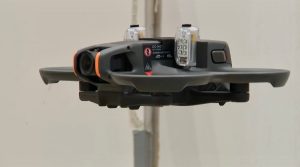
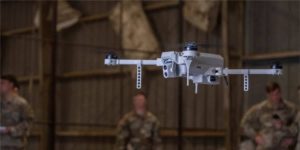








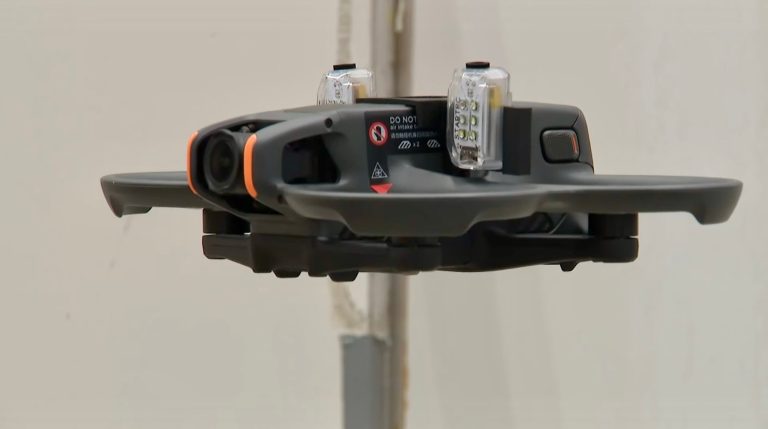
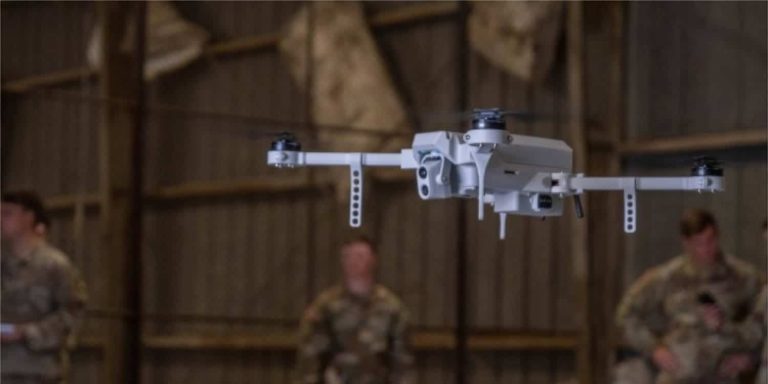






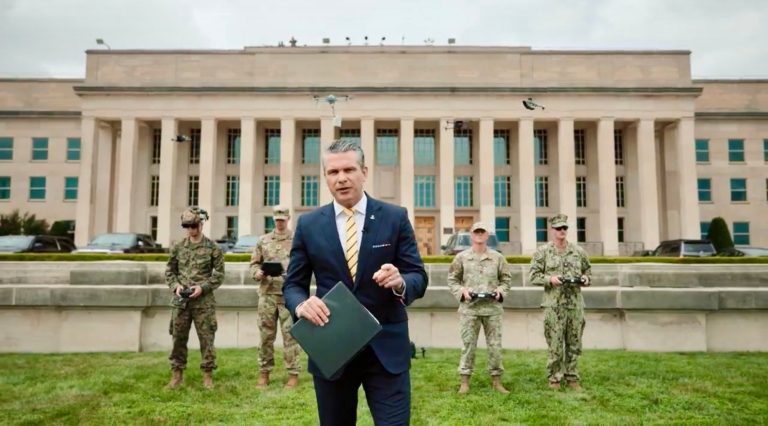
+ There are no comments
Add yours